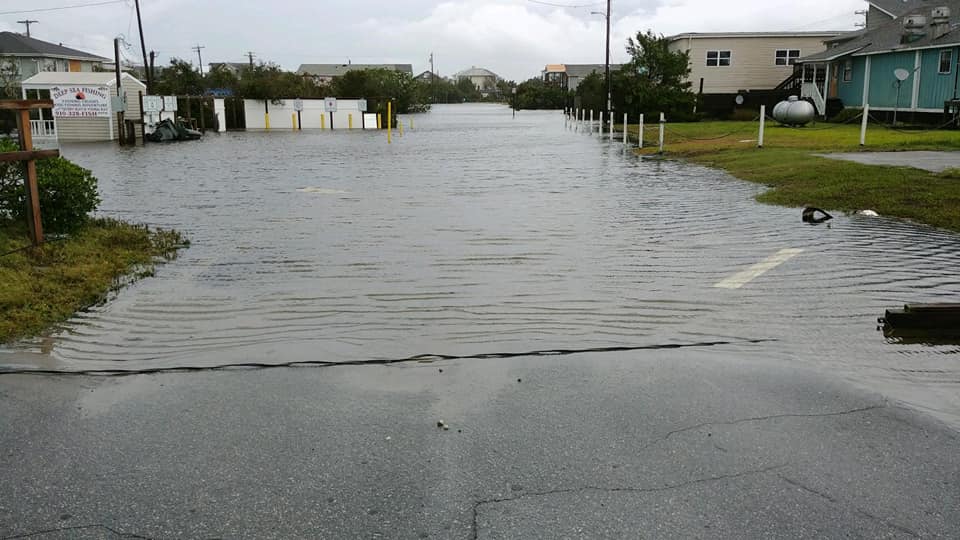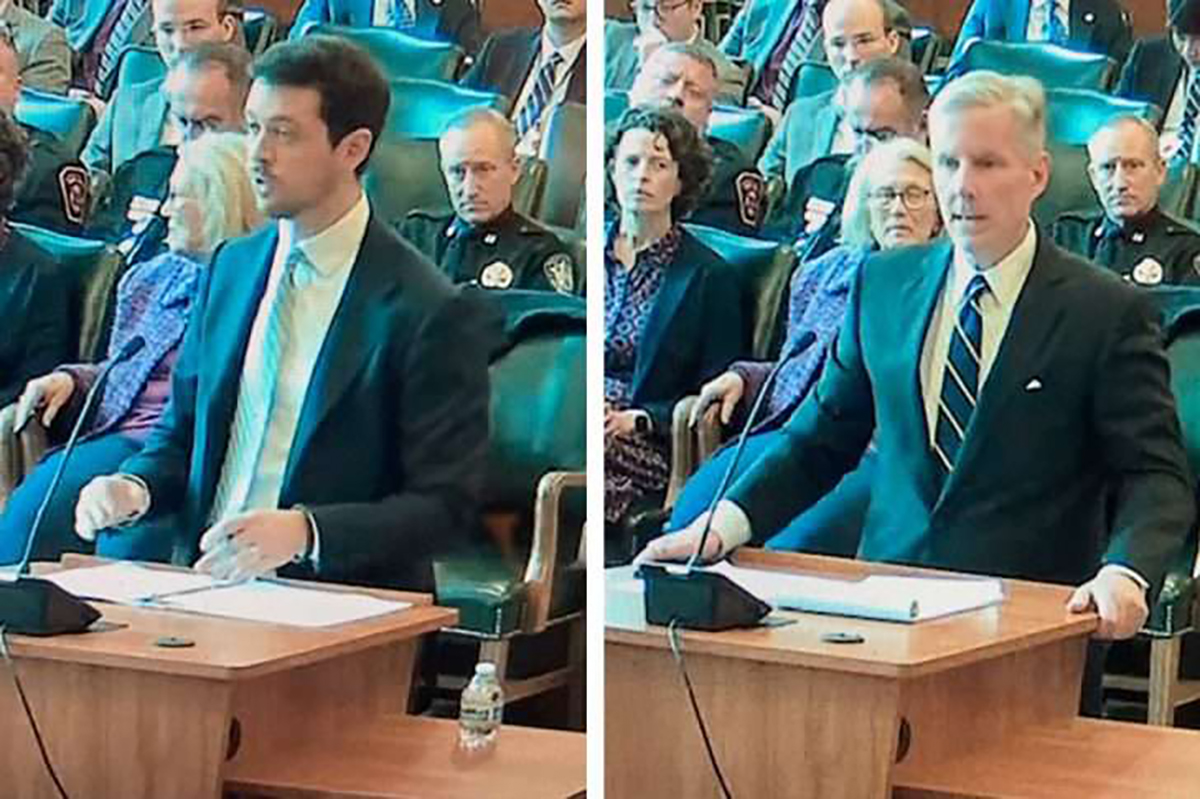
A new state program is working to boost resilience in regions of eastern North Carolina that were impacted by the September 2018 Hurricane Florence.
The Regional Resilience Portfolio Program “aims to build the foundation for a more resilient North Carolina by proactively engaging with community leaders to determine and plan for climate hazards,” North Carolina Office of Recovery and Resiliency, or NCORR, announced Friday.
Supporter Spotlight
“Collaboration between local leaders and government agencies is key to assessing needs and planning for future resilience,” Gov. Roy Cooper said in a statement. “The Regional Resilience Portfolio Program is going to help North Carolina communities build back smarter and stronger than ever.”
The program is supported in part by a grant from the Duke Energy Foundation and will serve these council of governments regions: Kerr-Tar, Upper Coastal Plain, Albemarle, Mid-Carolina, Mid-East, Lumber River, Cape Fear, Eastern Carolina and Triangle J, except for Wake, Durham and Orange counties. A list of counties for each region can be found on the RISE website.
The portfolio program is under the umbrella of the Regions Innovating for Strong Economies & Environment Program, or RISE, which is managed by the North Carolina Office of Recovery and Resiliency, a division of the North Carolina Department of Public Safety. RISE is in partnership with the N.C. Office of Recovery and Resiliency and N.C. Rural Center, in collaboration with the N.C. Councils of Governments.
“We are building local-level resilience leadership,” state Chief Resilience Officer Dr. Amanda Martin said. Martin oversees NCORR’s resilience team and the RISE program.
“This partnership with counties, local governments and leaders from a variety of sectors provides each region with the resources to align projects with new funding opportunities from the recent federal infrastructure package and other sources. The goal is to break down barriers for communities wanting to invest in future growth and stability,” she continued.
Supporter Spotlight
A $1.1 million U.S. Economic Development Administration grant funds the program with support from both NCORR and N.C. Rural Center. The Duke Energy Foundation committed $600,000 to offer accelerator grants to the regions for priority projects identified as an outcome of the program.
“Local community involvement is key to identifying projects that will successfully support future vitality. Community leaders and residents know which roads flood, for example, and how such events expose the community to danger when they occur. When we meet with communities, we begin with that local knowledge and then evaluate those community climate hazards and plan next steps or projects to reduce or erase them,” Martin added.
Residents, nonprofit organizations, businesses and community leaders can sign up to participate in the development of their region’s climate vulnerability assessment and projects portfolio by subscribing to RISE Program updates.







